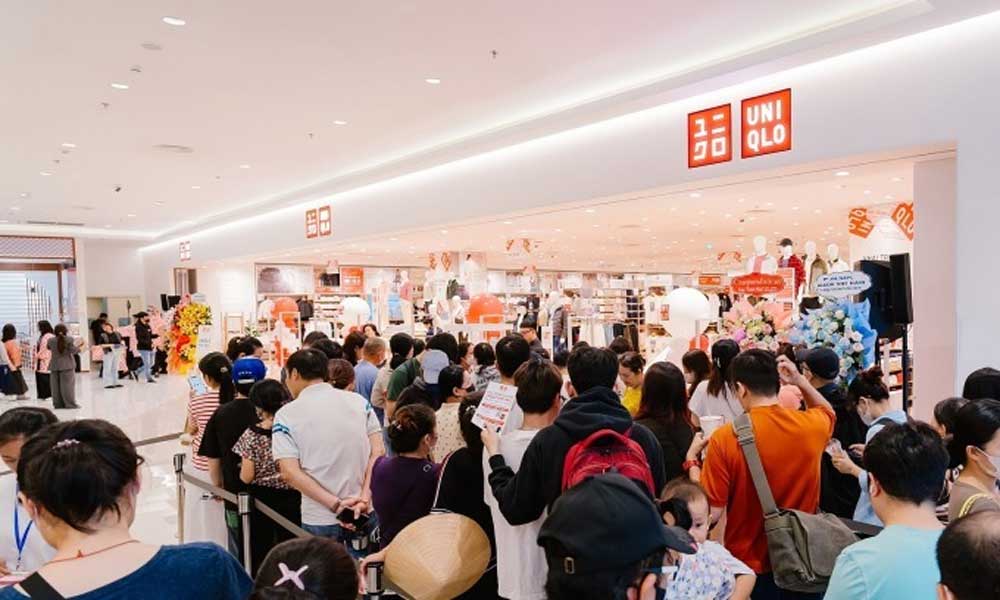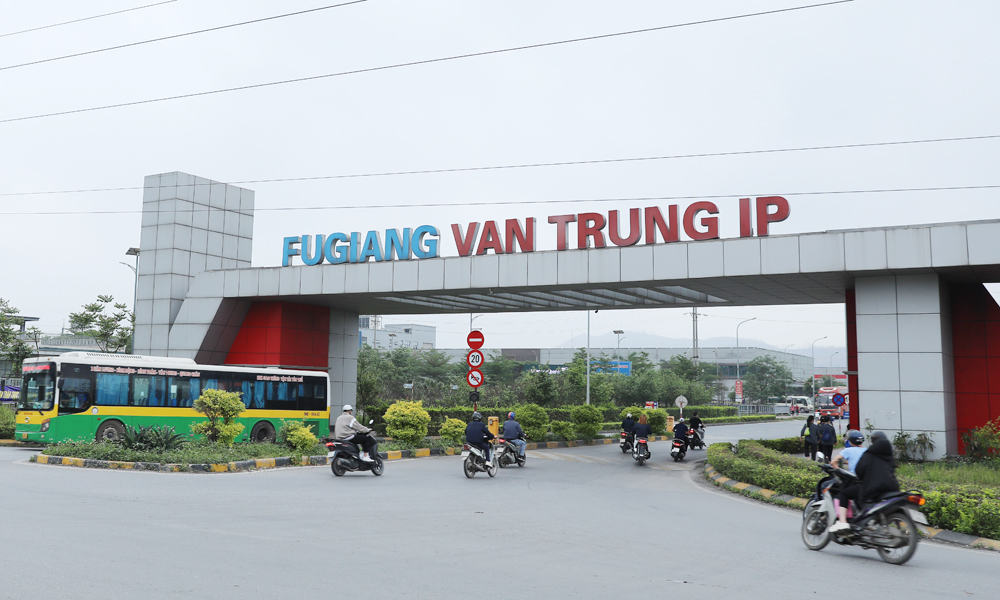Over 56% of Japanese firms looking to expand investment in Vietnam
According to a recent survey by JETRO on business conditions for Japanese-affiliated companies overseas, the expanding domestic market demand and the increasing profitability rate are major driving forces for Japanese businesses to continue expanding their operations in Vietnam in the coming years.
According to a survey by JETRO on business conditions for Japanese-affiliated companies overseas announced at the event, the expanding domestic market demand and the increasing profitability rate are major driving forces for Japanese businesses to continue expanding their operations in Vietnam in the coming years.
 |
|
Illustrative image. |
The survey said that up to 64.1% of companies expect to be profitable in 2024, marking the first time in five years this percentage has exceeded 60%.
Many businesses remain optimistic about positive business outcomes in 2025, with 50.4% of surveyed enterprises forecasting increased profits and 9.2% predicting a decline. Additionally, 56.1% of businesses desire to expand their operations in Vietnam within the next 1-2 years, the highest rate in ASEAN.
Businesses said that the increase in exports and the expanding demand in the Japanese market, combined with Vietnam's advantages in potential growth, low labour costs, and stable political and social conditions—all exceeding the ASEAN average—are the key drivers behind their decision.
Many businesses are considering expanding their sales functions to capitalise on opportunities to increase revenue and profits. Meanwhile, manufacturing enterprises are focusing on scaling up the production of versatile products and high value-added products, the survey said.
The trend of shifting production from Japan and China to Vietnam has also been increasing significantly.
Since 2019, Japanese companies have shown a strong desire to expand their domestic supply in the ASEAN region, with Vietnam being the primary destination.
Notably, 90 out of 176 cases of production shifts from China to ASEAN, have relocated to Vietnam.
Japanese enterprises have also pointed out certain limitations and risks in Vietnam's investment environment. Matsumoto Nobuyuki, Chief Representative of JETRO in Ho Chi Minh City, stated that 62.4% of surveyed businesses in 2024 found the investment permit application process to be overly complicated, while 57.8% highlighted that the legal system remains incomplete and lacks transparency in implementation.
Local suppliers are unable to meet the required standards in terms of quality and technical specifications, and there is also a lack of suppliers for raw materials, he added.
To fully capitalise on the opportunities from the trend of investment and production shifts, Vietnam needs to continue improving the investment environment by simplifying administrative procedures, perfecting the legal system, and increasing the effectiveness of policy implementation, he said, noting that efforts should be also made to speed up the support industry and advance production technologies to boost Vietnam's ability to join supply chains of foreign investors, including those from Japan.
The survey, which aims to grasp the actual conditions of Japanese-affiliated business activities operating overseas, was conducted through a questionnaire on the operations of businesses investing in 20 countries and regions across Asia and Oceania.
Among 5,007 valid responses, 863 companies are currently investing in Vietnam, the highest among all countries and regions in the two continents.
 Bắc giang
Bắc giang















Reader's comments (0)